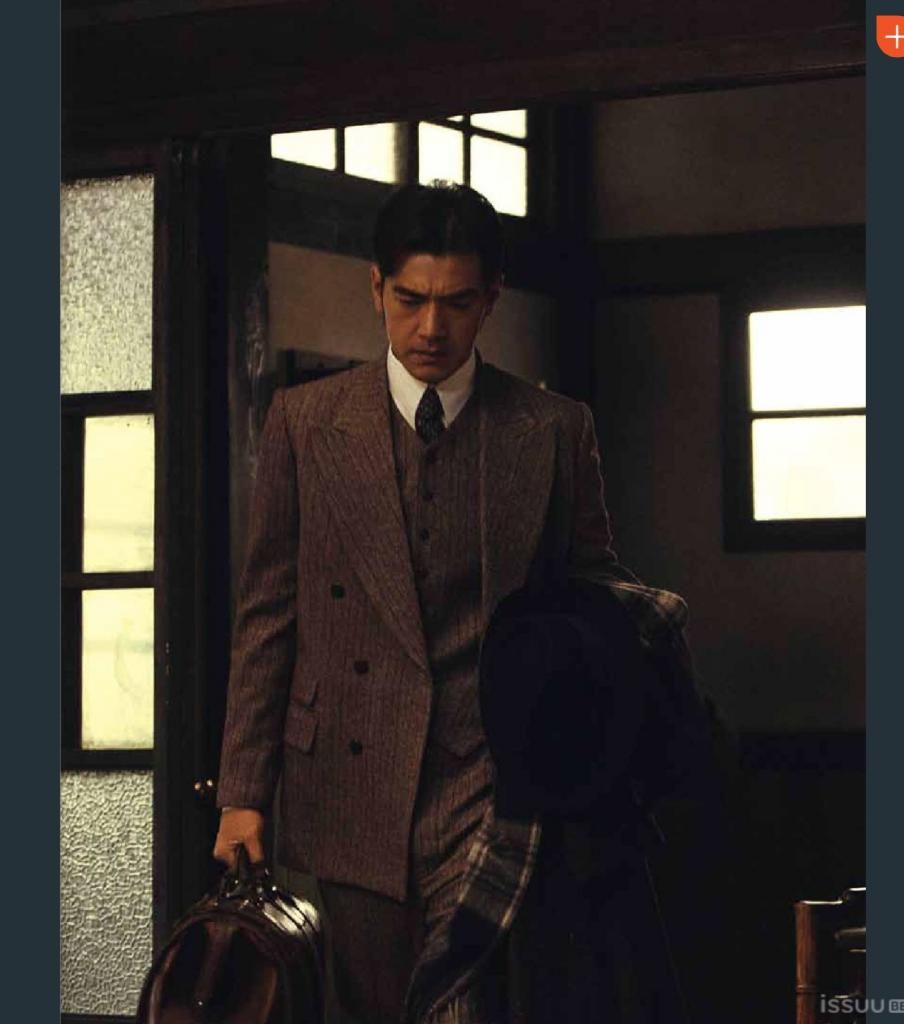 Dialogue
These past few years, you haven’t been acting much; what made you want to act in “The Crossing”?
Dialogue
These past few years, you haven’t been acting much; what made you want to act in “The Crossing”?
John Woo had mentioned the idea of the film to me; I loved working with him, and it was an opportunity I had to take. I wanted to leave opportunities to young actors; it’s important to know when to leave the stage; but this film seemed special. The character I play, Yan Zekun, is Taiwanese but in the Japanese military. I used the three languages interchangeably in the film, which was an amazing experience. The depth of cultural background and the well-written script makes this a project that I’m very proud to have been involved with.
Was Yan Zekun a difficult character to act?
In the film, my character is trapped between worlds, and languages; our filming, too, fluctuated between these languages. However, the language was the easy part; the difficulty was in immersing myself in the character and his psychological dramas.
“The Crossing” tells the story of three people who, starting from a similar background, had totally different lives, experiencing all of the joys and sorrows of the war era. How do you see the concept of love as expressed in the film?
The cultural situation of that time, although dominated by the Japanese, is full of contradictions. In the end, whether Taiwanese or Japanese, we live within this history to this day; the education brought by the Japanese colonizers structured a society, but occasionally this structure felt tight and uncomfortable. Stuck between two cultures and worlds, it’s exceedingly difficult to situate oneself and one’s cultural identity.
In the process of filming, do you ever introduce your own ideas? For example, if you don’t agree with some parts of the script or actions attributed to your character, do you try to rewrite them?
Yes. Sometimes if I think it doesn’t work, I proposed something to the director. Most of the time, he agreed that I was right. Usually, actors are chess pieces, manipulated by the director, but this leaves little room for art. As an actor, I can put myself in a role and either give it depth or different contours, but I can’t change the overall situation- that’s for the director to choose. So I communicated my feelings to the director, but ultimately the authority was his.